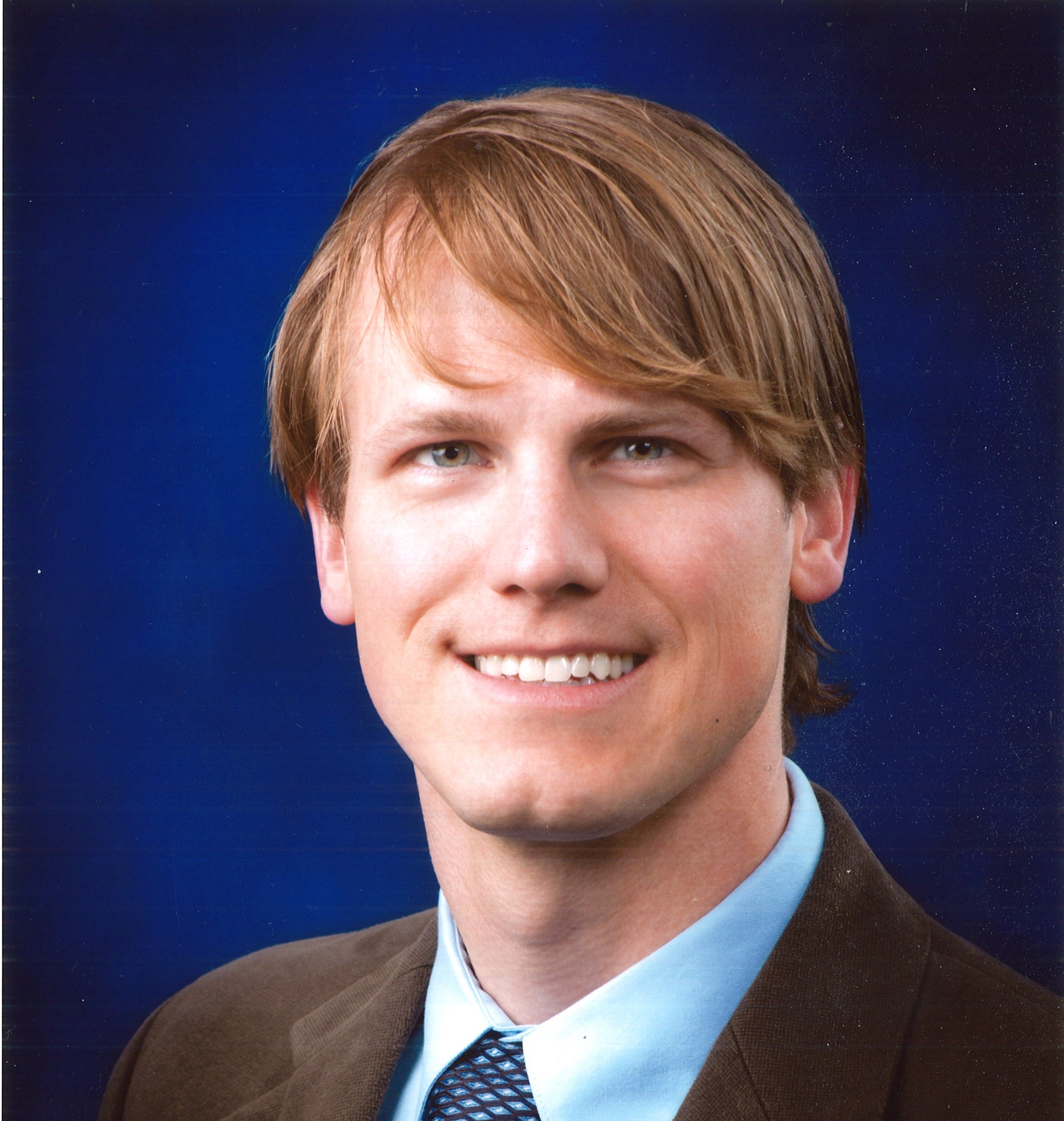September 2016

Biography:
Ben Moeller completed both his Ph.D in Pharmacology and Toxicology and his B.S in Biochemistry and Molecular Biology at UC Davis. He conducted his postdoctoral research at UNC with Dr. James Swenberg, where his research focused on the detection of DNA adducts using LC-MS. After UNC, Dr. Moeller led the analytical and bioanalytical groups at Lovelace Respiratory Research Institute primarily focused on supporting pre-clinical pharmaceutical development. This past summer, Dr. Moeller joined The UC Davis School of Veterinary Medicine as an assistant professor, where his research focuses on analytical methods using LC-MS for equine drug testing. Dr. Moeller has received numerous awards for his research on analytical methods in toxicology and is a Diplomate of the American Board of Toxicology.
An Interview with Dr. Ben Moeller
By Brett Winters
What attracted you to the field of Toxicology?
My dad was a veterinarian pathologist, so I was introduced to the sciences at a pretty young age, but I would say my interest in science and research really took off in high school when I had a summer internship in a Department of Defense lab in the Washington DC area. I worked in a toxicology lab that summer, which was great exposure to analytical techniques and troubleshooting. I liked the internship so much that I ended up doing it for my next 3 summers!
After you finished your Ph.D in Pharmacology and Toxicology at UC Davis, what did you look for when selecting a postdoc? What brought you to UNC?
A lot of factors went into deciding where to do a postdoc, but first and foremost was my advisor and the people in the program. I was looking for a postdoc that would help me grow professionally and found that UNC offered the best possibility to do so. The proximity to the Research Triangle area was a big selling point as well. The Research Triangle really is a fantastic place to be a toxicologist. Between, UNC, NIEHS, EPA, industry, and the not-for-profit research institutes, there is so much going on in the triangle in our field.
How similar was the research you conducted during your postdoc to what you did for your Ph.D?
That’s a good question. While the actual projects and questions we were trying to answer were very different, the approaches I used were similar. It was great to take an approach and use it for a completely different question. I think Dr. Swenberg hired me because I knew the analytical techniques that his lab used, but I just had to change how to apply it.
Do you have any advice for current Ph.D students that are looking for a postdoc?
My best advice for current graduate students is to find a postdoc that will help you prepare for the future. Too often graduate students think they have to limit their postdoc to subjects similar to what they focused for their dissertation, but that’s not necessarily the case. Find a research topic you’re really interested in and then find the best people in that field to work under. Additionally, you should look for someone who is willing to serve as a mentor. They should be interested in facilitating your career and help you network, willing to help you write your own grants, and open to let you build your research off of theirs.
Tell me about your research at UC Davis!
My current research is primarily focused on equine anti-doping and developing biomarkers to detect the potential abuse of prohibited substances.
I noticed you have your DABT. Was becoming board-certified particularly helpful for you?
I’m definitely glad I became board certified, but by no means is it necessary for academic positions. If you have a Ph.D in toxicology, no one is going to say you aren’t a toxicologist, but the DABT increases your credibility and provides some instant recognition. While getting your DABT is not directly useful for a career in academia, it’s much more valuable for anyone interested in going into industry or consulting.
I almost forgot to ask-what do you enjoy doing in your free time?
I enjoy spending time with my wife and 1-year old son. We enjoy the outdoors and are looking forward to visiting the many places that are close to home.
About the author: Brett is a third-year Ph.D student in the Curriculum in Toxicology at the University of North Carolina at Chapel Hill. He works in the laboratories of Dr. Michael Madden and Dr. Joachim Pleil where he is researching High Throughput Screening techniques. In the “vast” amount of free time he has in grad school, he enjoys fly fishing, backpacking, and watching Carolina Basketball.